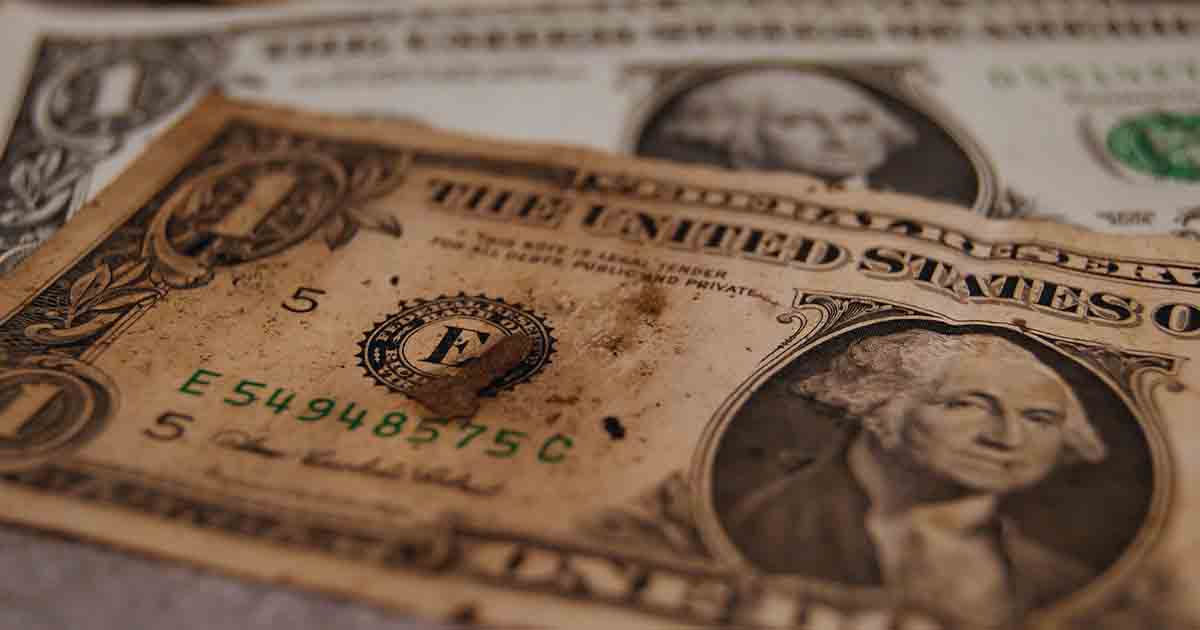Landing a good job and building strong credit can feel like winning the financial game. With steady income and lenders eager to extend credit, it's easy to get overconfident. Many people, flush with optimism, make major financial mistakes under the assumption that their stable job and solid credit will always protect them.
The Trap of Success and Overconfidence
When reality hits—through unexpected expenses, job loss, rising interest rates, or poor financial decisions—the consequences can be overwhelming. But while the fall can be hard, recovery is possible. It requires a clear-eyed assessment, discipline, and a willingness to reset financial habits.
Face the Reality Without Panic
The first step in recovering from a major financial mistake is to acknowledge it fully. Denial only delays the solution and often makes the situation worse. Conversely, don’t beat yourself up with regret either. Whether you've maxed out credit cards, overextended on a mortgage, or lived a lifestyle your income can no longer sustain, it's crucial to calculate exactly where you stand.
Run The Numbers
List all debts, interest rates, monthly obligations, and any liabilities stemming from your missteps. This process can be uncomfortable, but clarity is your greatest ally. Avoid the temptation to panic—financial mistakes, even large ones, are more common than you think, and many people have successfully navigated their way back to stability.
Rebuild with a Realistic Budget
Once you understand the scope of the problem, create a strict, realistic budget. Overconfidence often leads to bad spending habits. Now is the time to reset expectations. Sort your expenses into essentials and non-essentials. Cut discretionary spending aggressively and redirect that money toward debt repayment or rebuilding savings.
Scale Way Back
Focus on living below your means, not just within them. This mindset shift is key to regaining control and preventing future mistakes driven by the same overconfidence.
Prioritize High-Interest Debt
If your financial mistake involves debt—and it often does—prioritize paying down high-interest balances first, such as credit cards or personal loans. Interest can quickly compound, turning a manageable error into a long-term financial drain. Use strategies like the avalanche method (paying off the highest interest debt first) to minimize how much you lose to interest over time.
Talk To Your Creditors
If payments are unmanageable, consider negotiating with creditors or exploring debt consolidation options. In some cases, a balance transfer to a lower-interest card or a personal loan to consolidate debts can buy you breathing room, but only if paired with disciplined repayment and no further borrowing.
Rebuild Savings, Even Slowly
One common mistake of those recovering from financial setbacks is focusing solely on debt repayment while neglecting savings. Without an emergency fund, you risk falling back into debt at the first unexpected expense. Even if it's a small amount each month, commit to rebuilding a financial cushion alongside paying down obligations.
Make It Automatic
Automate savings where possible, treating it like a non-negotiable bill. The psychological benefit of seeing savings grow, even modestly, can reinforce positive financial habits and reduce anxiety.
Learn From Experience
The most important part of recovery is understanding why the mistake happened. Overconfidence fueled by a good salary and strong credit, often leads to a false sense of financial invincibility. Reflect on the decisions that led to the misstep—was it lifestyle inflation, poor planning, risky investments, or assuming that your job security was guaranteed?
Extract The Hard Lessons
Use this reflection to build safeguards. This might include setting stricter personal credit limits, avoiding unnecessary debt, or committing to financial education to better evaluate risks in the future.
Stay Patient and Consistent
Recovering from a major financial mistake isn’t instant. It takes time, consistency, and a willingness to delay gratification. Avoid looking for quick fixes or high-risk solutions to "win back" lost money—that mindset often leads to deeper trouble.
Focus On The Daily Small Victories
Instead, track your progress monthly, celebrate small wins, and stay focused on long-term stability rather than short-term appearances. Remember, true financial strength isn’t measured by what you can borrow or spend—it’s measured by resilience, discipline, and the ability to live comfortably within sustainable means.
Come Back Stronger Than Ever Before
Once you’ve turned the corner, you’ll be far more wary of the pitfalls of financial and career success and eager to shift your focus to the future. With patience and smarter habits, a financial setback caused by overconfidence can become a turning point toward lasting financial security.
You May Also Like:
Wasteful Expenses That Are Keeping You Poor, According To Warren Buffet
Top 10 Things People Waste Their Money On












